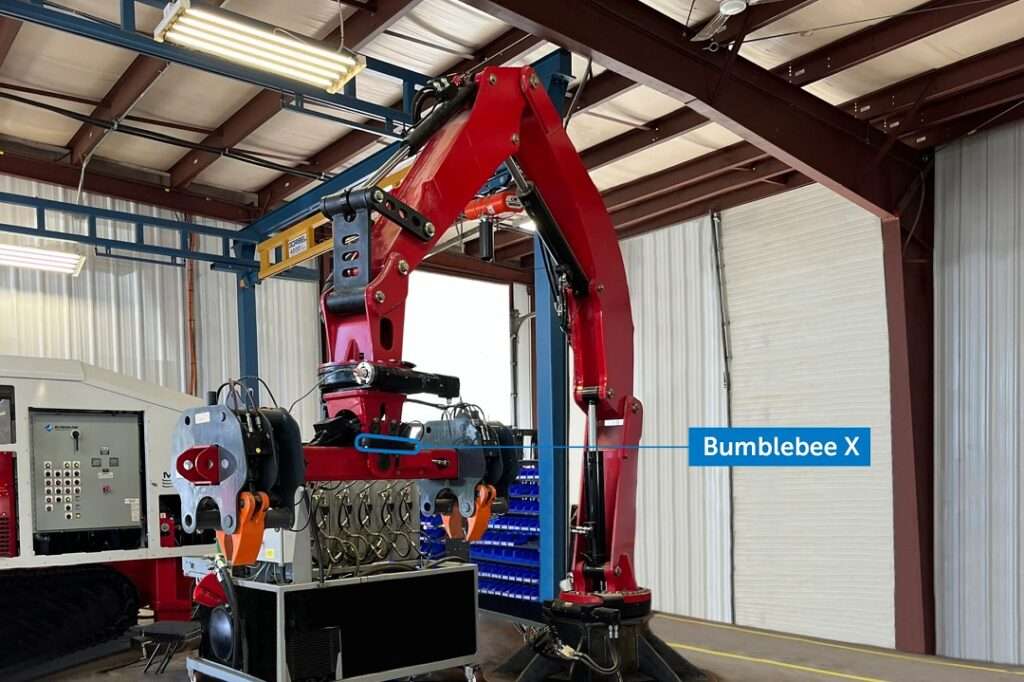In 2014, the Government of India took a leap forward by announcing the ‘Make in India’ initiative; its primary objective was to turn India into a global manufacturing hub of eco-friendly, high-quality products (with ‘zero defect’ and ‘zero effect’). The reaction to this initiative was positive: there was a 44% increase in FDI equity inflows, as several industrialists across the world responded favourably. Among them was Rajendra Kumar Joshi, supported by his wife Ursula Joshi.
Rajendra Kumar Joshi is an eminent scientist, scholar, philanthropist and entrepreneur who devoted his life to science and skill development. Rajendra Kumar Joshi was born in Dundlod in Rajasthan in the year 1934. He was a bright student, completing his pharmacy degree from BITS Pilani with a gold medal in 1958, and his Ph.D. in 1968 from the University of Komensky in Bratislava, Slovakia. Shortly thereafter, he was invited as Research Associate at The Federal Institute of Switzerland, where he later became a professor of medicinal chemistry and structure-activity relationship. He guided many students in developing a new scientific parameter.
Later, he founded the Fumapharm AG Switzerland, a pharmaceutical company, where he developed cures to several diseases; he invented Tecfidera (BG 12), the first effective orally-administered cure for multiple sclerosis, a serious neurological disease which can appear in people aged between 30 and 45 years. In 2015 Tecfidera was declared “the most innovative product” and awarded the Golden Tablet by the Neurologist and Psychiatric Association. Tecfidera has also been declared a golden standard by the FDA.
In 1989, Joshi married Ms. Ursula, a pharmacist from ETH, Zurich, who ran her own pharmacy.
The Joshi family was always amazed by how the Swiss economy was unaffected by World War II (Switzerland, though neutral, was surrounded by countries that had been badly hit by the war); even more amazing was how quickly Germany and Austria, two of the worst-affected countries by the war, recovered so quickly. They eventually concluded that the secret was the system of apprenticeship education that has been prevalent in these countries, known as the Swiss Dual System. The Dual System implies theory-learning in vocational school and practical job-training in the industry. This system, which had existed in Switzerland for 900 years, was legally recognized in the Swiss government in 1933 and adjusted to teach 247 occupations all over the country. In the 1960s, the German government also recognized dual apprenticeship training.
To introduce this system in India, Mr. and Mrs. Joshi founded the Rajendra and Ursula Joshi Foundation in Wilen, Switzerland, in 2006.
When their efforts to gain the support of the Indian government and industrialists did not yield much, they themselves set up a state-of-the-art institution in Jaipur, on a budget of Rs.150 crore, to showcase the benefits of the Swiss Dual System. The first poly mechanic training project they set up was called the Bhartiya Skill Development Centre, via a collaboration of Rajendra and Ursula Joshi Skill Development Private Limited (RUJ-SDPL) and JCF. The campus was inaugurated by the Chief Minister of Rajasthan on 23 April 2016; the same day, a Memorandum of Understanding was signed between the Government of Rajasthan and BSDC for establishing the Bhartiya Skill Development University in Jaipur. The Swiss system is taught there with slight modifications to suit the Indian environment. The teaching faculty is led by a Swiss team and supported by an Indian training team.
The larger vision of BSDU is to create world-class infrastructure for training, research, innovation, and entrepreneurship, provide for a system with lateral entry, multiple exit points and recognition of previous learning, and industrial internships. BSDU is indeed a unique chapter in the history of skill development in India.
In Switzerland, Dr. Joshi had met Herbert Rosenast, who showed him some Swiss precision parts, and insisted that he visit SRM AG, a family-owned company located near Zurich. Dr. Joshi was so impressed that he wanted to start a partnership with the company in India: he was convinced that with the right effort, the same quality of Swiss precision parts could be attained in India. He invited members of SRM AG to visit BSDU, and successfully persuaded them to concur with his plans. And so, on 25 March 2018, RS India was born: a plant was established in Jaipur, in a joint venture with SRM AG.
RS India boasts of well-equipped and high-end infrastructure and trained manpower; following the Swiss model, the company invests extensively in its employees and trains them under an apprenticeship system, even sending them to SRM AG for training on machine operation. The company already has 68 employees.
Thanks to Dr. Joshi’s efforts, ‘Make in India’ has got a major boost: more and more foreign firms are developing Indian skills in India. With Swiss technical support and transfer of knowledge, Indian standards have risen significantly: none of the parts sent to Switzerland from RS India have been rejected.
With the success of RS India, Dr. Joshi has plans to add a confection branch to his company: he has been in touch with Swiss confection companies to achieve the same quality in India, using natural essences. Sooner or later, RS India will also begin outsourcing work to other countries.
In 2018, the Rajendra and Ursula Joshi Group inaugurated an Rs.300-crore Swiss Precision and Assembly Plant at Mahendra SEZ. The Joshi family is not confined to scientific research and skill-building. In 2016, Mr. and Mrs. Joshi founded the Rajendra and Ursula Joshi Charitable Trust, which, among others, includes the following objectives:
• Establishing educational institutes;
• Granting assistance to financially-backward students;
• Awarding scholarships;
• Distribution of free food and clothing to the needy;
• Setting up orphanages;
• Promoting non-violence;
• Organizing health welfare programs.
In March 2019, Dr. Joshi was awarded the Pravasi Bharatiya Samman Award (PBSA) for his contributions in the field of science, education, and medicine. He was feted by the Indian Ambassador on behalf of the President of India. The PBSA is the highest honour conferred on Non-Resident Indians by the Government of India.
For more details do visit www.rujct.com or www.rs-india.com








